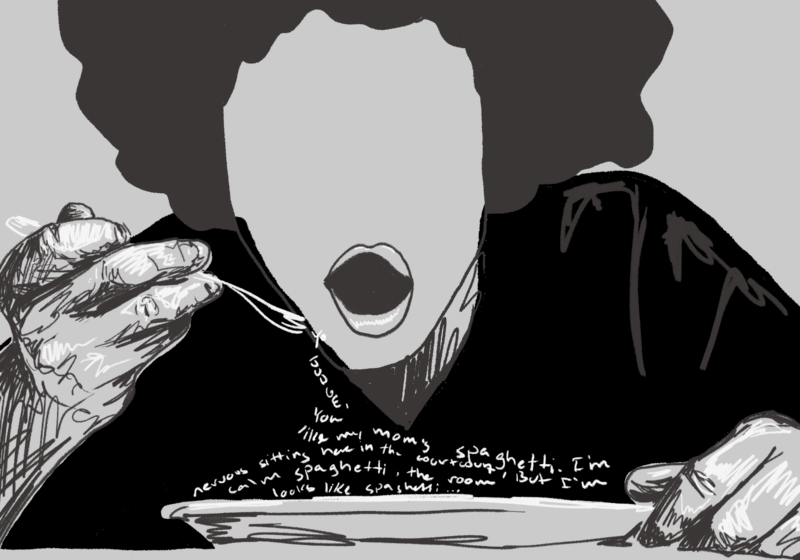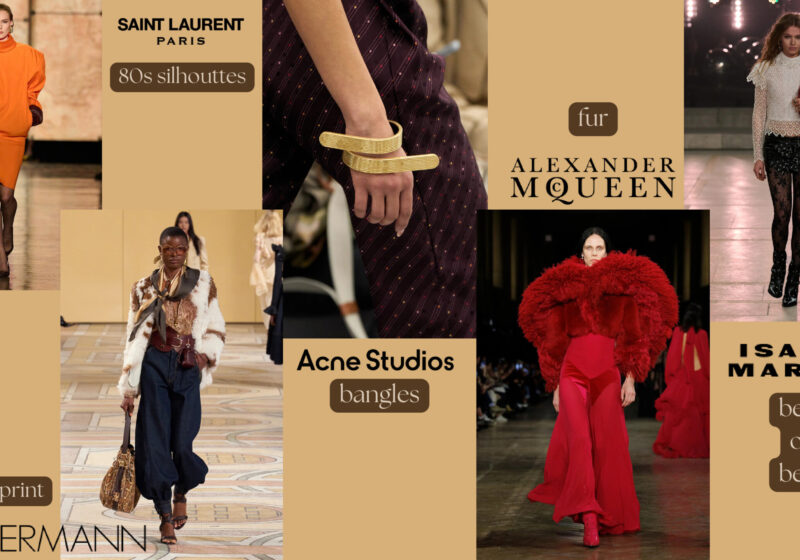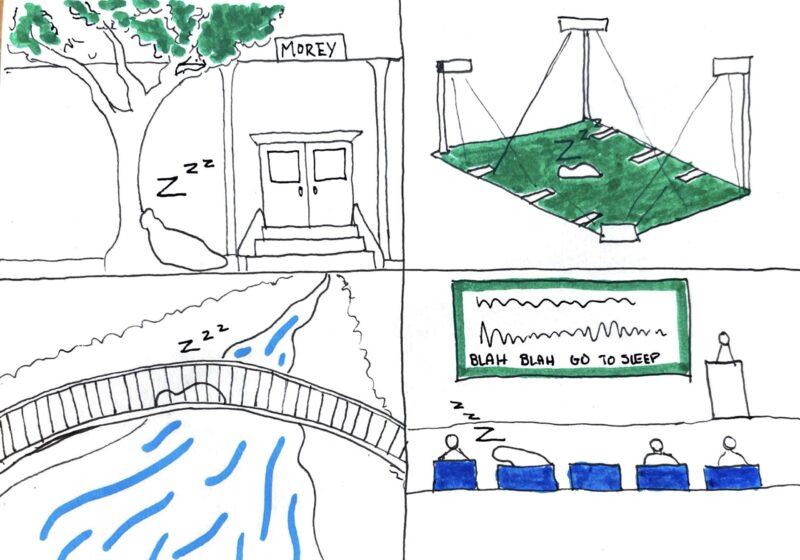For Black rappers, their art and career are one of the couple of means of escape from the harsh reality of systemic racism. Rappers Young Thug and Lil Baby are two of the biggest names in the music industry currently, both Grammy winners. Their origin stories are similar to many other Atlanta-based rappers who have risen to fame — they are both Black males with encounters in the criminal legal system, who have used their creative abilities to leverage their career into the spotlight, but at a cost. Currently, Young Thug is incarcerated, with charges of violating the state of Georgia’s Racketeer Influence and Corrupt Organizations Act, with his own lyrics being held against him in this legal case.
This biased practice has been going on for too long. Creative expression should not be surveilled and used against these artists, who are often reduced to the identity of “gangster.” In court, the use of rap lyrics as evidence against the defendant promotes racial bias among the jury, as well as leading to the prolific rates of incarceration among young men of color. The impact of racial biases on the criminal justice system can no longer continue to be overlooked — only 13% of the U.S. population identify as Black, yet Black people make up around 38% of the incarcerated population. This isn’t the first time music has been leveraged as defamatory evidence against the defendant — to this day music has appeared as evidence in over 500 cases. There is a significant amount of academic literature condemning the practice of using rap music as evidence in court, yet this issue pervades, as seen in the recent arrests and convictions of Young Thug and fellow artist Gunna in 2022.
Social psychologists have pinpointed distinct moments of prejudicial impact that rap music has on the way other individuals perceive the artist. This is only heightened in a court setting, where every judgment or perception of the defendant is crucial to both the prosecutor’s case and their defense.
A study titled “Imagining Violent Criminals: An Experimental Investigation of Music Stereotypes and Character Judgements” by Adam Dunbar and Chrais E. Kubrin depicts the true impact that music can have on implicit bias and prejudicial stereotypes. This study shows a strong correlation between perceiving a violent and criminal identity when the participant assumed the artist wrote rap lyrics and when they were told the writer was Black. Writers of these rap lyrics were perceived more negatively than writers who wrote country or heavy metal music. When racial information was not provided about the writer, participants who assumed the writer was Black expressed harsher judgment than participants who assumed they were white.
Only recently has legislation been passed that would limit the power that music lyrics, specifically rap, can have in the court of law. In California, Governor Newsom signed a bill this October that “restricts the use of rap lyrics in court.” This bill, Assembly Bill 2799, requires “a court, in a criminal proceeding where a party seeks to admit as evidence a form of creative expression, to consider specified factors when balancing the probative value of that evidence against the substantial danger of undue prejudice.” Essentially, this means that a separate hearing is required with the judge and prosecution that analyzes and balances the impact of racial prejudice in a court of law when pertaining to creative expression. In other states, we must continue to advocate for progressive measures such as this bill in order to protect creative expression. Identifying this form of racism in court is a crucial first step towards mitigating these biases.
This bill calls to attention the power behind the ways prosecutors can use creative expression to form conclusions for the jury about the character of the defendant — when prosecutors treat their art as admission to crimes or as further evidence towards a greater propensity to commit crimes or engage in violent acts. Music and art, and the power they have within the rigid social systems we have created, need to continue to be understood realistically within the context of our criminal legal system without racist conflation.
The impact of rap music on the mainstream music industry as well as on fashion, culture, and media trends is undeniable, as is the clear cultural impact of Black artists in America. For individuals of color to still be convicted of crimes and sentenced to prison for expressing their voice through art in a society that glorifies Black culture and trends yet continually criminalizes and imprisons the same people is hypocritical, and is an exertion of control and oppression by our government.






